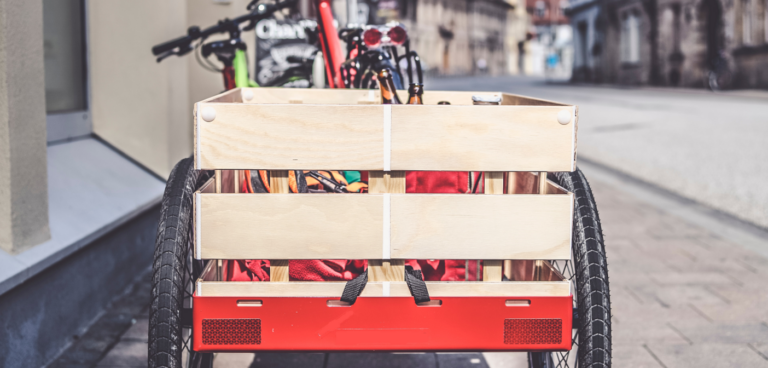Delivery companies should consider switching to cargo bike schemes for last-mile deliveries to cut carbon emissions, improve air quality and reduce congestion, a new report by the Local Government Association (LGA) suggests today.
According to the LGA’s new report, Transport decarbonisation by travelling less, switching to cargo bikes will help address concerns about the rise of largely diesel delivery vans operating in busy urban areas and residential streets, contributing to poor air quality, congestion and loss of local amenity.
It states that courier bikes can replace up to 10% of conventional vans in areas where the final delivery route is no more than 2km, without changing the overall network efficiency. They can also reduce current urban delivery carbon emissions by 73% over the course of a courier vehicle’s life cycle.
“Courier firms have played a vital role during the coronavirus crisis in continuing to provide a delivery service while people have been unable to get out and about as they would in normal times,” said Cllr David Renard, LGA transport spokesperson.
“Online shopping will continue to grow, and so will our reliance on courier services. This has unfortunately seen the consequence of large delivery vans clogging up street space, increasing congestion and in some cases causing a rise in air pollution.
“We need to look at how we manage online deliveries in the future and consider new delivery options which are more climate and road-friendly. Swapping large vans for cargo bikes is one way in which we can make a really positive difference to our environment and help achieve the country’s carbon reduction targets.”





